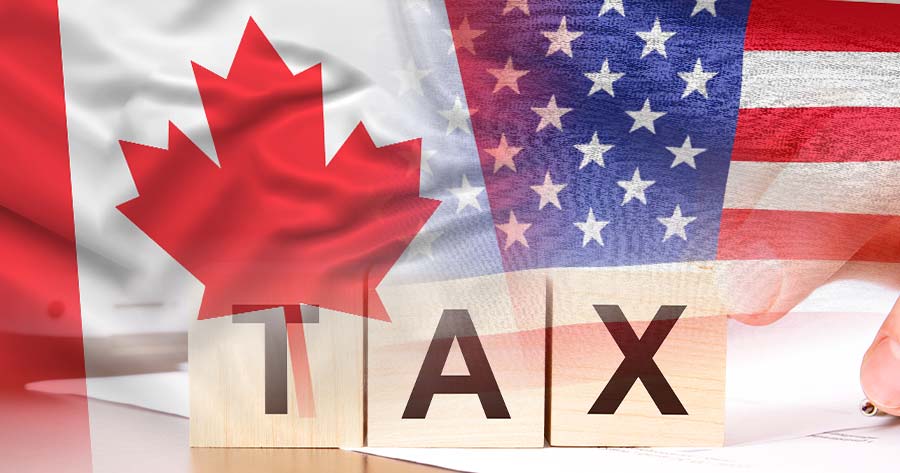Canadian Prime Minister Mark Carney has signaled a rapid response to new tariffs on imported vehicles announced by U.S. President Donald Trump, describing the move as a direct attack.
Speaking on Wednesday, Carney disclosed plans to convene a high-level cabinet meeting the following day to strategize Canada’s response.
The tariffs, poised to affect the intertwined North American automotive industry, could prompt significant economic ripples.
Preceding Carney’s statement, Canada had already outlined a retaliatory tariff package totaling CAD 155 billion, planned to be implemented progressively based on U.S. actions.
When queried about the timing of Canada’s response, Carney remained vague but indicated it would be prompt. The prime minister hinted at the possibility of retaliatory tariffs and mentioned considering non-tariff actions such as export duties on U.S.-bound commodities.
With the broader intention of discussing this issue with Trump, although the two leaders have yet to converse since Carney’s recent inauguration, Carney’s stance reflects Canada’s readiness to counteract.
Parallelly, Ontario Premier Doug Ford articulated a similarly confrontational tone, emphasizing the need to shield Canadian interests while maximizing pressure on the U.S. He further divulged plans for a united provincial strategy, having already consulted with Carney.
Ford elaborated on the national crossroads, stating that Canada can either capitulate and let Trump overturn the country to get his way, or endure the discomfort and battle with fervor. He chose the latter in his remark.





